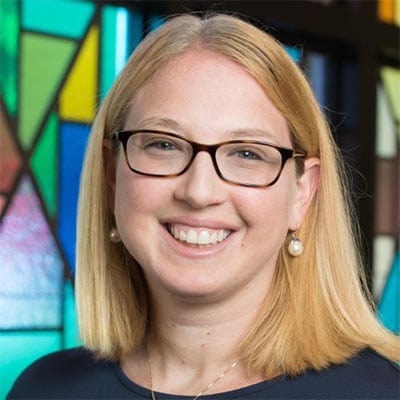 Kateryna Kovarzh/Getty Images
Kateryna Kovarzh/Getty Images It seems strange to think about Yom Kippur before celebrating Shavuot. However, the Torah reading compels us to think about the Yom Kippur rituals and how they apply to our lives, both during Yom Kippur and every day.
Rabbi Shai Held explains that the verses regarding Yom Kippur are less about the purification of one’s soul and more about the purification of the Mishkan, the traveling sanctuary. He teaches, “A defiled sanctuary is a terrifying proposition because, Leviticus assumes that God will not abide in a place of impurity….The Day of Atonement thus aims to ensure that God’s presence does not depart from the sanctuary, and thus, from the people.” One might assume that because today, there is no physical Temple, these verses would hold less import and significance. However, I find them more relevant than ever before.
The Torah is suggesting that our spiritual impurities leave a stain on the physical building in which we congregate. And in that staining, we stir God’s disappointment and sorrow. How true it is that our personal misgivings have power to negatively impact and transform the greater community. Physical structures aside, we blemish each other when we choose to ignore necessary, daily spiritual introspection. Think about the trail of hurt we forge when we take our grievances from the home to the workplace to synagogue and elsewhere. When we choose to face our mistakes, we choose to elevate ourselves and in return, elevate the communities we touch. Instead of blemishing, we nourish. Instead of defiling, we sustain.
When we regret our mistakes and see their tie to the greater world, God dwells within us. It is God’s presence that demands an ability to see each soul connected to each other. And it is each soul connected to each other that enables the dwelling of God.
Shabbat Shalom
Rabbi Nicole Guzik is senior rabbi at Sinai Temple. She can be reached at her Facebook page at Rabbi Nicole Guzik or on Instagram @rabbiguzik. For more writings, visit Rabbi Guzik’s blog section from Sinai Temple’s website.























 More news and opinions than at a Shabbat dinner, right in your inbox.
More news and opinions than at a Shabbat dinner, right in your inbox.